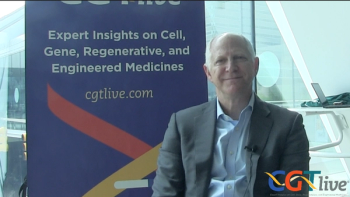
The chair of the Department of Otolaryngology—Head and Neck Surgery at Columbia University College of Physicians discussed the phase 1/2 CHORD clinical trial evaluating DB-OTO.

The chair of the Department of Otolaryngology—Head and Neck Surgery at Columbia University College of Physicians discussed the phase 1/2 CHORD clinical trial evaluating DB-OTO.
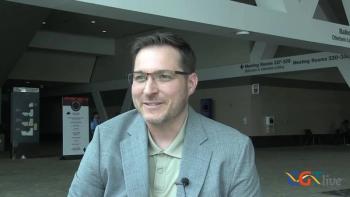
The associate investigator of neurology at Massachusetts General Hospital discussed research on extracellular vesicle-associated AAVs presented at ASGCT.

MELPIDA was well-tolerated in patients and nerve conduction was stable or improved after treatment.
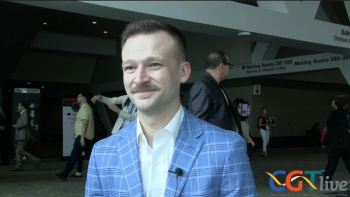
The research scientist at Seattle Children's Research Institute discussed mouse model research he presented at ASGCT’s 2024 Meeting.
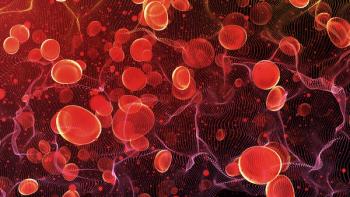
KL003 favorably compares to platelet and neutrophil recovery rates of approved gene therapies.
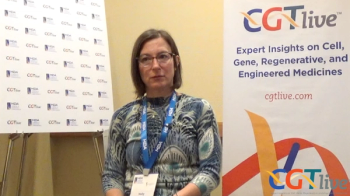
The senior research scientist at RTI International discussed how patient preference studies can help patients with rare diseases have their voices heard.
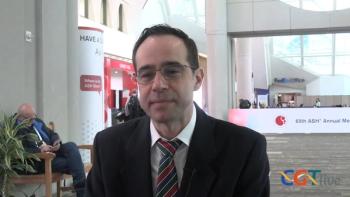
The professor of medicine at Baylor College of Medicine discussed research with NK-T cells and alternatives to αβ T-cells.
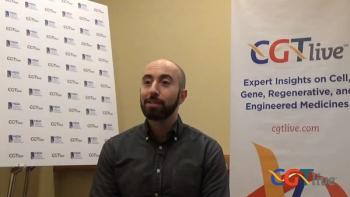
The pediatric neurologist at Nemours Children’s Health offered advice and discussed his experiences delivering pediatric gene therapy.
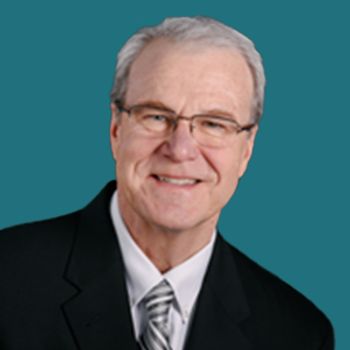
Terence R. Flotte, MD, the vice president of ASGCT, discussed what attendees can expect at the ASGCT Annual Meeting this year.
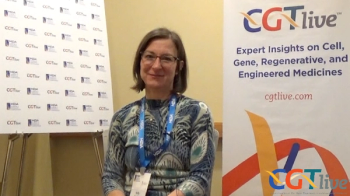
The senior research scientist at RTI International discussed the progress that has taken place in recent years with regard to patient preference research.
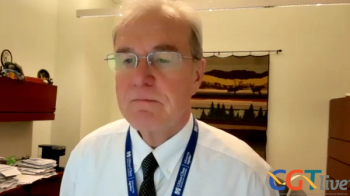
The vice president of ASGCT discussed important research that will be represented at the upcoming conference and challenges for the field to address in the future.
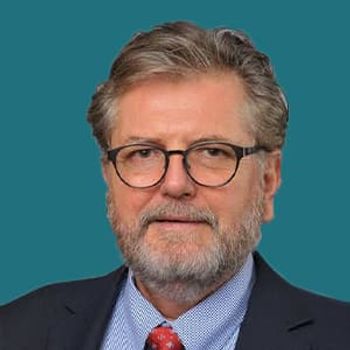
Based on these data, the phase 2 Regenerate PD trial of AB-1005 will begin enrolling later this year.
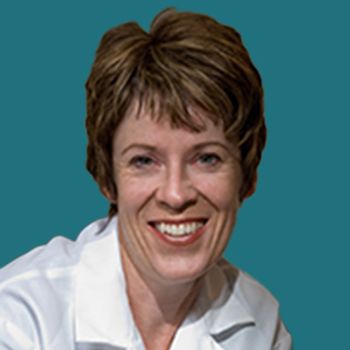
Paula Cannon, PhD, the president elect of ASGCT, discussed things to look forward to at the upcoming Meeting that will be held from May 7 to 11, in Baltimore, MD.
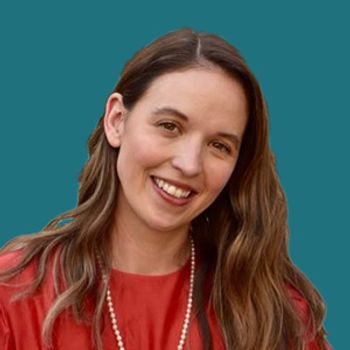
Jessica S. Little, MD, a transplant infectious diseases physician at Dana-Farber Cancer Institute, discussed research on fungal infections in patients receiving HSCT and CAR-T.
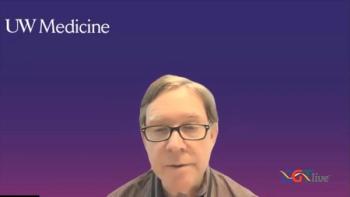
The McCaw Endowed Chair of Muscular Dystrophy at University of Washington gave a background on ASGCT, its founding, and how far the field has come since.

Emilie Aschenbrenner, PharmD, BCOP, a hematology coordinator for pharmacy at Froedtert and the Medical College of Wisconsin, discussed the advantages of each of the 2 modalities in the third and second line settings.
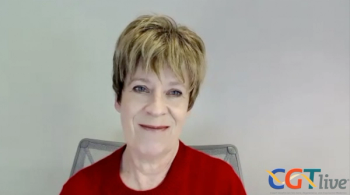
The President Elect of ASGCT and a distinguished professor of microbiology at Keck School of Medicine of USC also discussed recent milestones in gene therapy.
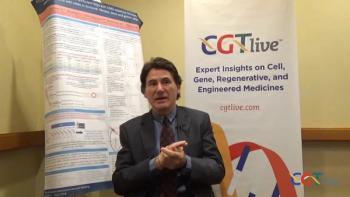
The lead scientist at Percheron Therapeutics discussed a phase 2 blinded study of ATL1102 being conducted in the Europe and Australia.
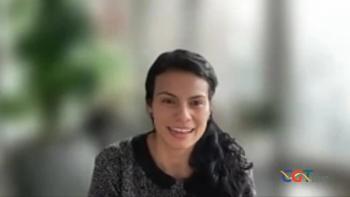
The Assistant Professor of Medicine at Weill Cornell Medical College discussed the changing cell transplant landscape.
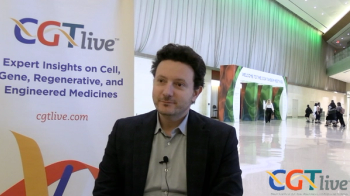
The principal investigator at the Gene Therapy Program of Dana-Farber/Boston Children’s Cancer and Blood Disorder Center discussed innovative uses of gene editing technology.
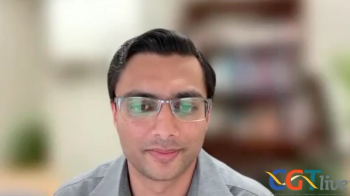
The attending physician and assistant member of bone marrow transplantation and cellular therapy at St Jude Children’s Research Hospital also discussed hurdles to accessibility for SCD gene therapy.
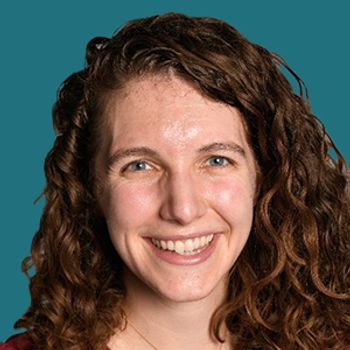
Alexis Kuhn, PharmD, BCOP, a pediatric oncology pharmacist at Mayo Clinic, discussed the incorporation of the recently FDA-approved gene therapies for SCD and TDT into the work of pharmacists.
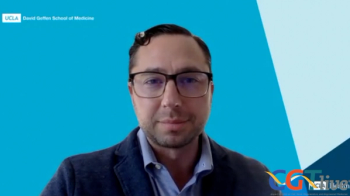
The medical director of the UCLA Bone Marrow Transplantation Stem Cell Processing Center discussed results from a phase 1b trial for allo-HCT alternative Orca-T that he presented at Tandem’s 2024 conference.
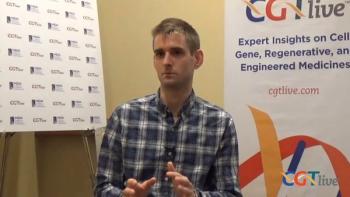
The postdoctoral scholar at University of California – Irvine discussed research aiming to link genetic variants and neurodegeneration.
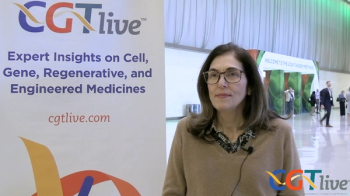
The infectious diseases specialist at Memorial Sloan Kettering Cancer Center discussed the session she chaired for the Infectious Diseases Track at Tandem’s 2024 Meeting.
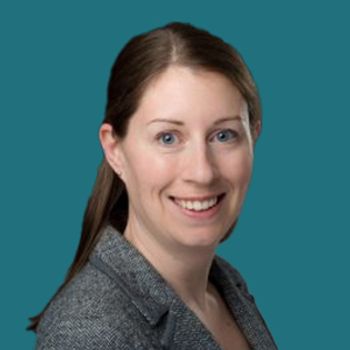
Aimee C. Talleur, MD, a physician at St. Jude Children’s Research Hospital, discussed obstacles to understanding late effects of CAR-T.
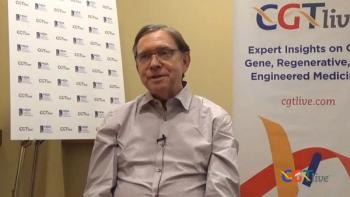
The McCaw Endowed Chair of Muscular Dystrophy at University of Washington discussed highlights from the meeting.
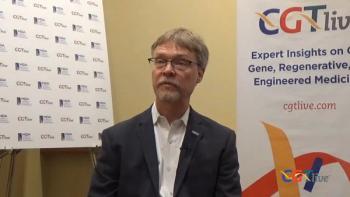
The director of the Manton Center for Orphan Disease Research at Boston Children’s Hospital discussed takeaways from an MDA session on rare diseases.

Tiffany Chen, PhD, the vice president of discovery at GentiBio, discussed the general and unique challenges of transitioning cell therapies to clinical trials in autoimmune disease.
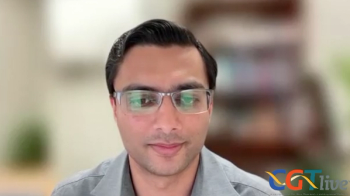
The attending physician and assistant member of bone marrow transplantation and cellular therapy at St Jude Children’s Research Hospital discussed recently approved and still-upcoming gene therapy options for SCD.